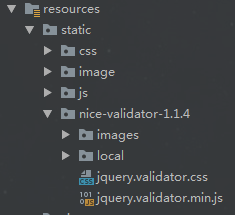某天写代码突然县道这个问题,顺势总结一波
JavaScript 函数和变量声明的“提前”(hoist)行为
简单的说 如果我们使用 匿名函数
var a = {}
这种方式, 编译后变量声明a 会“被提前”了,但是他的赋值(也就是a)并不会被提前。
如果使用
function a () {};
这种方式, 编译后函数声明和他的赋值都会被提前。
也就是说函数声明过程在整个程序执行之前的预处理就完成了,所以只要处于同一个作用域,就可以访问到,即使在定义之前调用它也可以。
看一个例子
rush:js;">
function hereOrThere() { //function statement
return 'here';
}
console.log(hereOrThere()); // alerts 'there'
function hereOrThere() {
return 'there';
}
我们会发现alert(hereOrThere) 语句执行时会alert('there')!这里的行为其实非常出乎意料,主要原因是JavaScript 函数声明的“提前”行为,简而言之,就是Javascript允许我们在变量和函数被声明之前使用它们,而第二个定义覆盖了第一种定义。换句话说,上述代码编译之后相当于
rush:js;">
function hereOrThere() { //function statement
return 'here';
}
function hereOrThere() {//申明前置了,但因为这里的申明和赋值在一起,所以一起前置
return 'there';
}
console.log(hereOrThere()); // alerts 'there'
我们期待的行为
rush:js;">
var hereOrThere = function () { // function expression
return 'here';
};
console.log(hereOrThere()); // alerts 'here'
hereOrThere = function () {
return 'there';
};
这段程序编译之后相当于:
rush:js;">
var hereOrThere;//申明前置了
hereOrThere = function() { // function expression
return 'here';
};
console.log(hereOrThere()); // alerts 'here'
hereOrThere = function() {
return 'there';
};
总结
以上所述是小编给大家介绍的JavaScript 中定义函数用 var foo = function () {} 和 function foo()区别介绍。编程之家 jb51.cc 收集整理的教程希望能对你有所帮助,如果觉得编程之家不错,可分享给好友!感谢支持。






